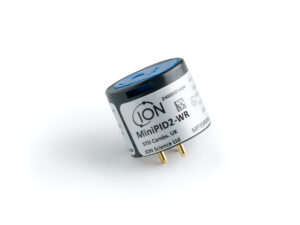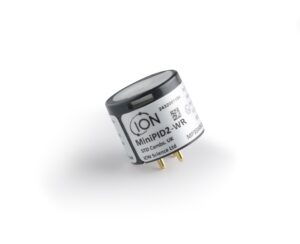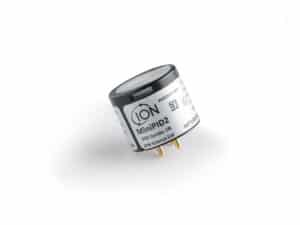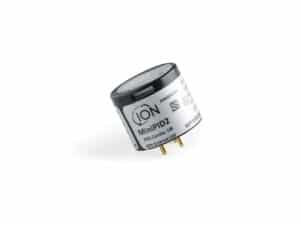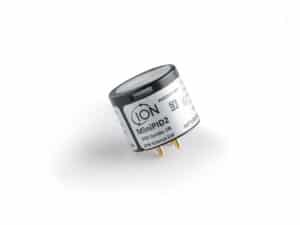
Global Impact Of COVID-19
As a result of Coronavirus the world pollution levels have been falling
As travellers cancel flights, businesses ask workers to stay home, and stocks fall, a global health crisis becomes a global economic crisis. In any health crisis, our first concern is (and should be) with the health of those affected. But unfortunately, the economic impacts also have dramatic effects on the wellbeing of families and communities.
COVID-19 The Impact On Air Pollution
With global economic activity ramping down as a result of the Coronavirus pandemic, it is hardly surprising that emissions of a variety of gases related to energy and transport would be reduced.
The spread of the COVID-19 pandemic continues to cause global chaos and disruption. With a constant rising death toll, the slowing down of the global economy and countries all over the world locking down citizens to try to contain and limit its transmission, no one is left untouched by the affect COVID-19 is having either directly or indirectly.
The Government and NHS have issued advice for members of the public following the confirmed cases of Coronavirus in the UK.
It is also extremely important to follow the three step rule; Catch it, Bin It, Kill It.
”One well known new person to be infected by the virus is HRH Prince Charles of Wales. Prince Charles has for over 40 years been campaigning that the greatest threats humanity has ever faced are climate change, global warming and biodiversity loss. He will be glad to see that as a direct result of the lockdown that has been enforced in many cities around the world pollution levels have been falling. Nitrogen dioxide (NO2) levels in both China and Northern Italy, two of the hardest hit places are at all time lows and PM2.5 levels in London have been lower than the average of the last 5 years. Further declines are expected.
Science Alert
VOCs Within The Air
One element of pollution that is not regularly monitored are Volatile Organic Compounds (VOCs). VOCs are a wide range of naturally and synthetically occurring chemicals which are found almost everywhere on earth. They are described as volatile because they evaporate at room temperature, releasing molecules into the atmosphere.
VOCs are also extremely useful for mankind. They form the building blocks of many synthetic materials (plastics, rubbers, glues, paints etc.), used to create pharmaceuticals and fuel for transport and heating.

Choosing The Correct VOC Detection Method
As is always the case with technology, there is a trade off between price and performance. But within performance, servicing must also be considered. As a high cost option, Flame Ionisation Detection (FID) provides the sensitivity, linearity and rapidity of response required for air quality monitoring.
Hence the generic VOC monitor of choice is photoionisation detection (PID) engaging a krypton lamp (‘PID-Kr’). It responds to few inorganic compounds such as ammonia and sour gas. It detects any VOC which ionises at less than 10.6 eV. This includes all VOCs containing two carbons or more except for most fluorocarbons, saturated chlorocarbons, ethane, ethyne and propane.
To learn more about the difference between FID & PID, follow the link to one of our other guides on Fugitive Emissions and the correct tools for detecting them.
Download our FREE Guide
“COVID-19 The Impact On Air Pollution”
COVID-19 The Impact On Air Pollution guide which can be downloaded below provides the reader with an in-depth balance of knowledge outlining the global response to the COVID-19 pandemic which has resulted in unprecedented reductions in economic activity. Lockdown events have reduced the population-weighted concentration of nitrogen dioxide and particulate matter levels by about 60% and 31% in 34 countries, with mixed effects on the ozone layer. Reductions in transportation sector emissions are largely responsible for the NO2 anomalies.

Related Guides
Gas Detection Equipment For The Detection Of VOCs
Download your FREE Guide
Simply complete the form below to obtain your FREE Guide on “COVID-19 The Impact On Air Pollution”.







